Letting Go 3:2
…continued from Becoming Willing to Let Go!
Take the Cotton Out of Your Ears and Put it in Your Mouth
If we want to hone our listening skills so we can hear our inner voice, we must also learn to listen to the outer world. If we are not good listeners, we will never learn to hear the truth of ourselves.
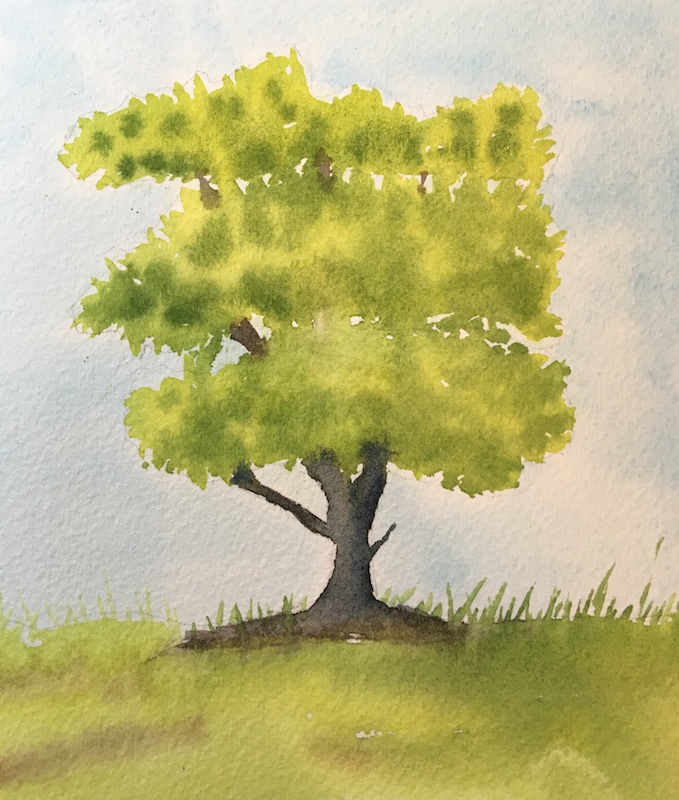
A Tree
It takes a very long time to develop our listening skills and to learn to truly hear what is being said to us—both from within and from without. Even once we acquire these skills, we must continue to hone them and never take them for granted. Early along on this path, when other people talk to you and try to share their experience with you, you might begin to use the two words that became my favorites: “I know.” When we use these words it probably means that we’re not really listening. Or we hear what we want to hear. Maybe we believe we’re too old not to know or to admit that we don’t know. Maybe we need to know things even before we actually know them. This lesson is often taught to us as children, and some of us learn it very well—so well, in fact, that it becomes hard to unlearn.
My good friend Barbara helped me with this one day when she brought my attention to my “I know” reflexive response behavior. I was seeking her advice on how to handle a difficult relationship that was falling apart. I kept initiating contact with this person, which always ended up making me miserable. Then I would call Barbara and ask her what I should do. She would, of course, tell me to stay away from him, to instead spend time with people who truly loved me, to pay attention to my spiritual well-being, and to pray for guidance. I would say, “I know, I know,” and then go on to talk more about him—how he hurt me, why didn’t he love me, how I was the right woman for him, and when would he see that.
I continued to seek out this man, and I continued to get hurt. I continued to call Barbara and cry on her shoulder. I wanted her to tell me that things would change, that he would come back to me, that I was doing the right things. She didn’t say any of this, and even though I was frustrating her she kept giving me good advice. I kept saying “I know” without really listening.
Perhaps we repeat “I know” almost as a mantra when we’re first learning how to listen, because deep inside maybe we do know and upon hearing the truth from someone else we recognize it as the truth.
But I wasn’t letting Barbara know that I heard her and appreciated her help, nor was I implementing any of her suggestions in my life. One day she suggested that I take the cotton out of my ears and put it in my mouth. In other words, she told me to shut up and listen. At first I was offended, but I had grown to trust Barbara and so took the suggestion. I didn’t do it always or perfectly, but slowly my ears began to unclog and my life began to change even more. I learned to keep my mouth shut even if I thought, “I know, I know already.”
If we aren’t busy talking, we can hear better. If we aren’t busy trying to figure out the answer, we can learn more.
If we stop trying to manipulate or twist the truth, we will begin to shed our delusions.
If we stop attempting to fill the silences that are normal in any conversation, we can begin to appreciate the silence and its message. If we are quiet enough, we will be better able to hear.
from Just Listen – A Guide to Finding Your Own True Voice
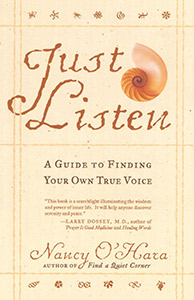
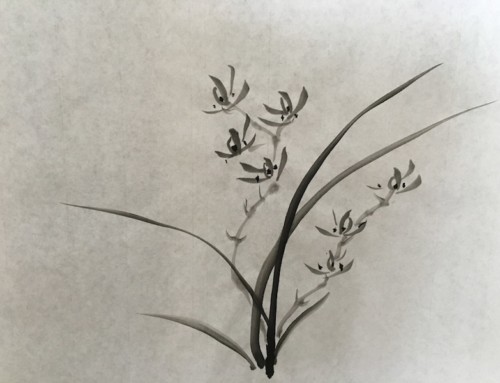
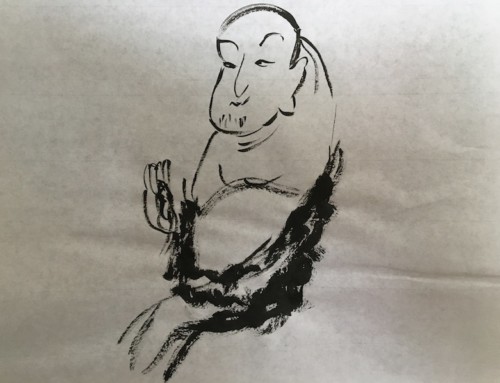


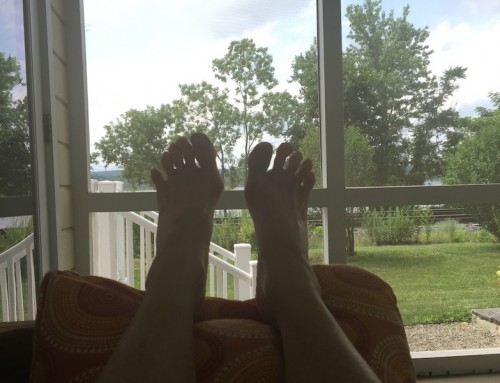
Leave A Comment